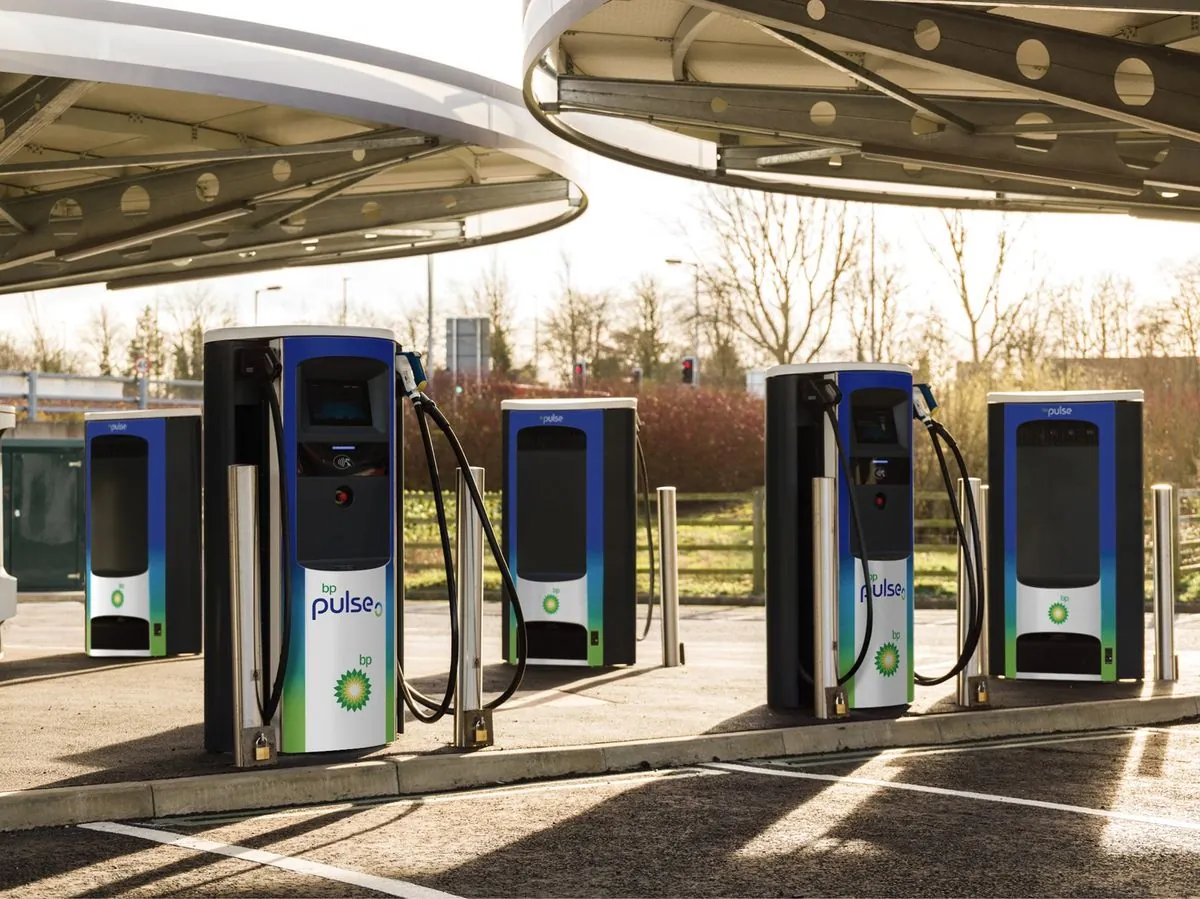UK Car Dealership CEO Claims Public Coerced into Buying Electric Vehicles
Robert Forrester of Vertu criticizes government's zero emission vehicle mandate, warning of market distortion and potential sales decline. Nearly 25% of new cars sold in August were electric.

The UK automotive industry is experiencing a significant shift towards electric vehicles (EVs), driven by government regulations aimed at reducing carbon emissions. Robert Forrester, CEO of Vertu, one of Britain's largest car dealerships, has expressed concerns about the impact of these policies on consumer choice and market dynamics.
Forrester argues that the state has "imposed itself into the new car market" through the zero emission vehicle (ZEV) mandate. This policy requires approximately 22% of new cars sold in 2024 to be electric, with targets increasing to 80% by 2030 and 100% by the mid-2030s. Manufacturers failing to meet these targets face fines of £15,000 per non-compliant vehicle sold.
The CEO's comments reflect a growing debate about the pace of EV adoption and its implications for the automotive industry. While the UK government aims to accelerate the transition to zero-emission vehicles, some industry leaders worry about potential market distortions and consumer readiness.

It's worth noting that the electric vehicle market has seen remarkable growth in recent years. In August 2024, EVs accounted for nearly a quarter of new car sales in the UK. This surge in adoption is part of a global trend, with the worldwide EV market expected to reach $823.75 billion by 2030.
The UK's push for electric vehicles is not an isolated effort. Countries like Norway are leading the way in EV adoption, with over 80% of new car sales being electric in 2022. China, the world's largest EV market, accounts for about half of global sales.
However, concerns persist about the long-term implications of rapid EV adoption. The British Vehicle Rental and Leasing Association (BVRLA) has warned about the potential collapse of second-hand EV values, which could impact the broader automotive market.
"If my predictions are correct, the new car market is going to decline as a result of this regulatory interference in the natural market."
Despite these concerns, the UK government maintains that the car market remains robust. A government spokesperson stated, "We do not recognise these claims, with industry data showing that the UK car market is as strong as ever."
As the debate continues, it's clear that the automotive industry is undergoing a significant transformation. The UK now boasts over 42,000 public EV charging points, a number that has grown substantially since the country's first electric car charging station opened in 2011. Additionally, the average range of electric cars has more than doubled since 2011, now exceeding 250 miles on a single charge.
The transition to electric vehicles represents a complex challenge for automakers, policymakers, and consumers alike. As the industry evolves, balancing environmental goals with market dynamics and consumer preferences will be crucial for the success of the UK's automotive sector in the coming years.


































